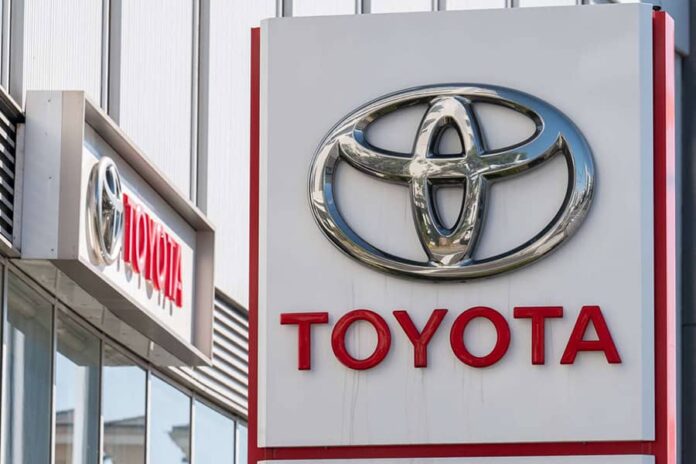Toyota Motor raised some serious concerns on Friday about California’s upcoming electric vehicle mandates, which are set to kick in next year. They believe these requirements are unrealistic and could end up limiting the choices available to customers in several states.
Right now, the California Air Resources Board has outlined that by 2026, 35% of new vehicles must be zero-emission—think battery-electric, fuel cell, and some plug-in hybrids.
Jack Hollis, Toyota’s COO for North America, expressed skepticism during a virtual media chat, saying he hasn’t seen any forecasts—whether from government or private sectors—that suggest meeting that target is feasible.
He pointed out that the demand just isn’t there at this stage and warned it could restrict what options consumers have when shopping for cars.
According to the California Air Resources Board, twelve states plus Washington D.C. have adopted these regulations; about half of them will start implementing them with the 2027 model year.
The ultimate goal is for all new vehicle sales in California to be zero-emission by 2035 as part of CARB’s Advanced Clean Cars initiative.
However, J.D. Power noted that no states are currently meeting these EV mandates this year; only California (27%), Colorado (22%), and Washington (20%) have even reached at least 20% retail sales in EVs or plug-in hybrids so far. States like New York (12%), New Mexico (5%), and Rhode Island (9%) still have a long way to go.
The national average for EV and plug-in hybrid adoption sits at just 9% through October this year, according to J.D. Power’s report on Friday.
Hollis warned that if things stay as they are with these mandates, we might see some odd practices emerging within the auto industry—some manufacturers are already diverting an uneven number of electrified models to comply with these rules in certain states.
He described this as a distortion of the industry because it doesn’t align with actual market demand.
As for comments from the California Air Resources Board? They didn’t reply right away when asked about this issue. And looking back at history during Donald Trump’s first term as president, there was quite a legal tussle over whether states could set their own emissions standards—a battle many expect him to reignite once he returns to office again.
Hollis expressed his hope that things won’t escalate to that point this time. He believes it’s possible for the states, the federal government, and the auto industry to find common ground.
He mentioned that Toyota would really like to see a single national standard, which is a view many automakers have held in the past.
We’d always prefer a rule that applies across all 50 states,” Hollis explained, “because it allows us to treat every customer and dealer fairly and equally, no matter what.”
He also shared his wish that California and the Environmental Protection Agency could align on this issue to come up with something realistic. “Even if it’s a stretch or requires some effort, right now it just feels unattainable,” he added.

